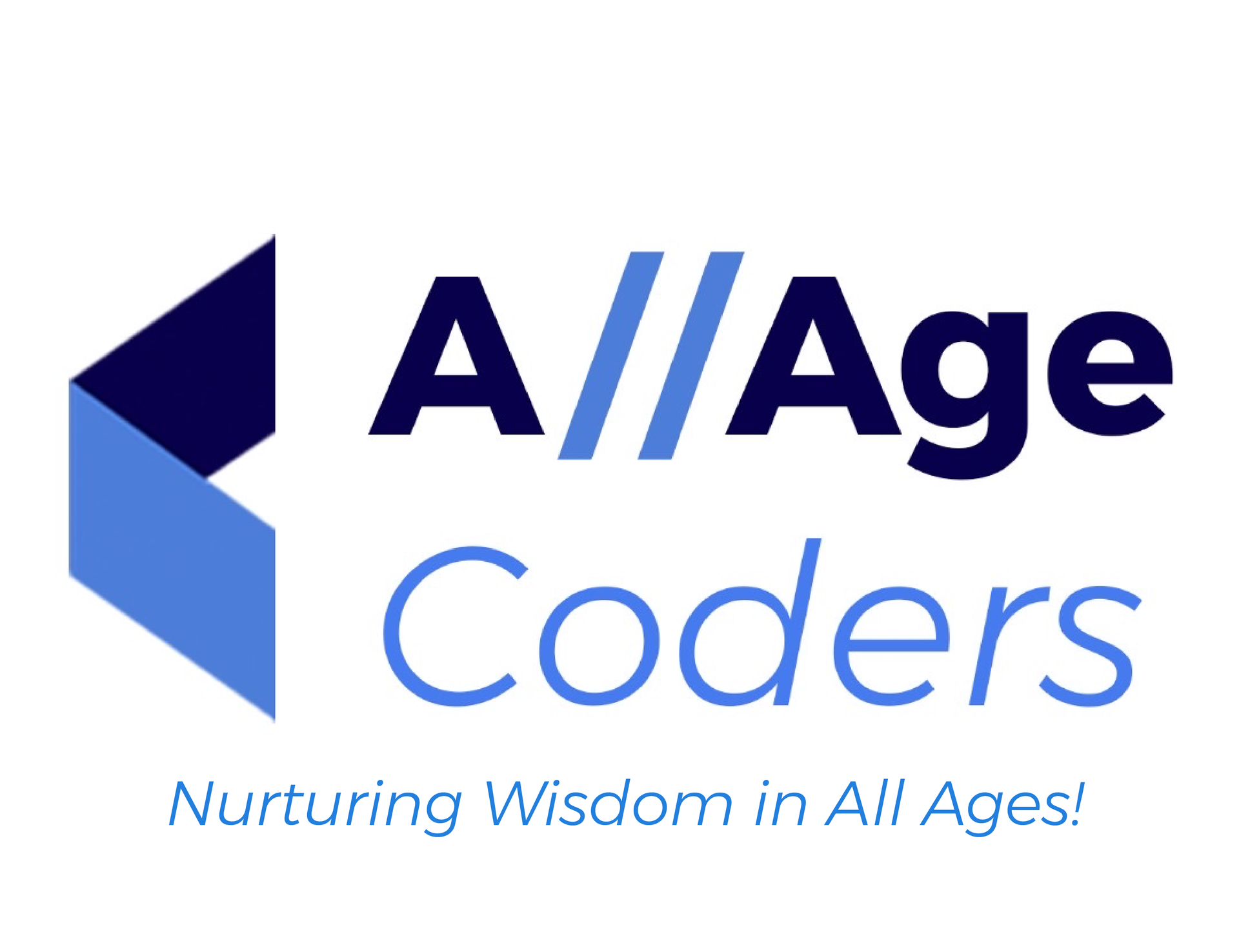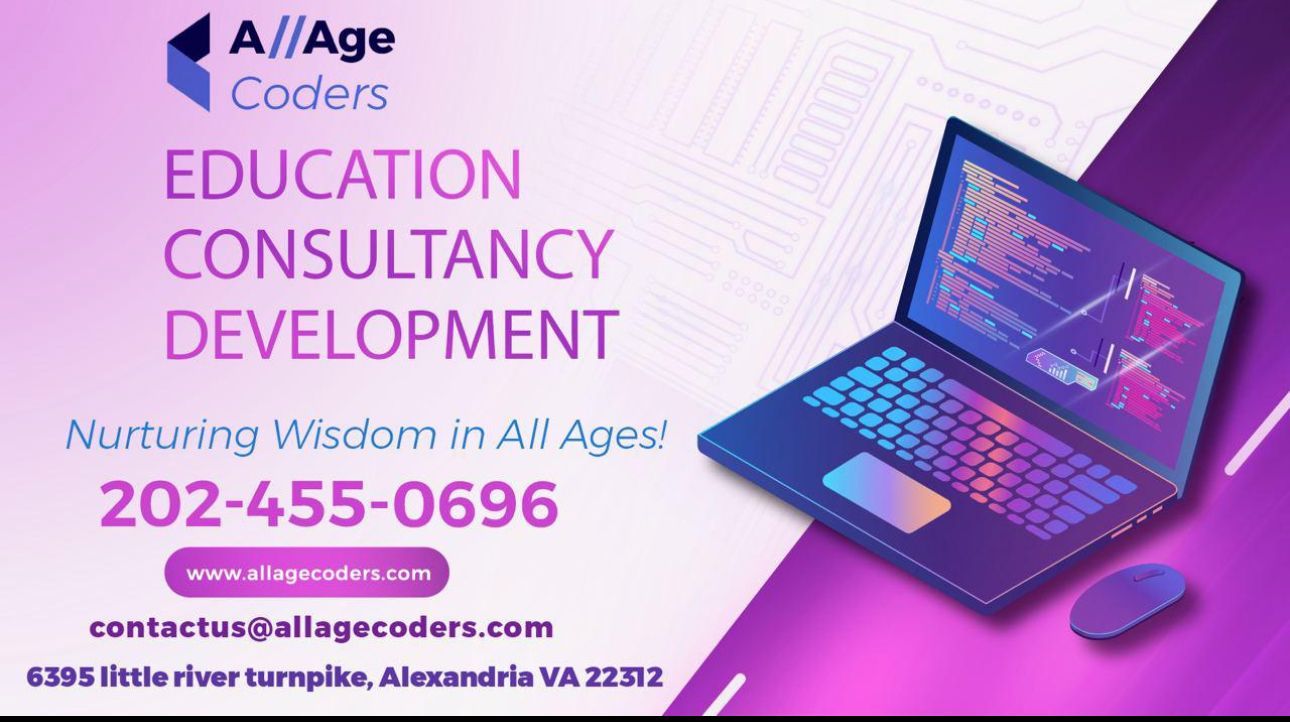DEVLOPING applications
WHAT TO EXPECT
eveloping applications can range from simple programs designed for personal use to complex enterprise-level software systems used by businesses or organizations. Depending on the requirements and scope of the project, developers may use various programming languages, frameworks, and tools to build applications that meet specific needs and objectives.
program Highlights
Web applications: Software applications accessed via web browsers, which can offer services like online shopping, social media platforms, or cloud-based productivity tools.
Desktop applications: Programs installed and executed on a user's personal computer, providing functionalities such as word processing, graphic design, or media playback.
Overall Program
The process of developing applications requires a combination of technical skills, creativity, problem-solving abilities, and attention to detail. Developers often work collaboratively in teams, utilizing agile methodologies and version control systems to efficiently manage the development process and deliver high-quality software products.
PROGRAMS
-
Computer Science:
This is the most traditional and foundational program, focusing on core computer science concepts such as algorithms, data structures, programming languages, software engineering, and theoretical computer science. Graduates are prepared for careers in software development, system analysis, and research.
-
Software Engineering:
Software engineering programs focus specifically on the principles and practices of developing high-quality software systems. They often emphasize software development methodologies, project management, and software testing. Graduates are well-equipped for careers as software engineers, software architects, and project managers.
-
Information Technology (IT):
IT programs focus on the practical application of technology to solve business problems and manage information systems. They cover topics such as networking, database management, cybersecurity, and systems administration. Graduates pursue careers in IT support, network administration, and database management.
-
Computer Engineering:
Computer engineering programs combine elements of computer science and electrical engineering. They focus on hardware and software systems, digital logic design, computer architecture, and embedded systems. Graduates work in areas such as hardware design, embedded systems development, and semiconductor engineering.
-
Data Science and Analytics:
Data science programs focus on the collection, analysis, and interpretation of large datasets to extract valuable insights and inform decision-making. They cover topics such as statistics, machine learning, data visualization, and big data technologies. Graduates work as data scientists, data analysts, and business analysts.
-
Cybersecurity:
Cybersecurity programs focus on protecting computer systems, networks, and data from cyber threats. They cover topics such as cryptography, network security, ethical hacking, and incident response. Graduates pursue careers as cybersecurity analysts, penetration testers, and security consultants.
-
Human-Computer Interaction (HCI):
HCI programs focus on the design and evaluation of user interfaces and interactive systems. They cover topics such as usability testing, user-centered design, and interaction design. Graduates work as UX designers, usability specialists, and HCI researchers.
-
Artificial Intelligence (AI) and Machine Learning:
AI and machine learning programs focus on the theory and application of AI algorithms and techniques. They cover topics such as neural networks, deep learning, natural language processing, and computer vision. Graduates work as AI engineers, machine learning researchers, and data scientists.

